There are six tutor groups in each year of approximately 30 students of mixed ability. Students usually remain in the same tutor group until they leave school.
Ability Grouping
In Years 7, 8 and 9, students are taught in mixed ability classes in all subjects with the exceptions of English, Mathematics and Science.
In Years 10 and 11 the organisation of teaching groups depends on the option subject chosen. Students are placed in ability groups for English, Mathematics and Science.
The school determines a student’s target in line with aspirational FFT5 target setting.
Ability groupings across all year groups are routinely reviewed to allow for freedom of movement between ability groups where needed. Ability groupings across Years 7, 8 and 9 do not restrict the GCSE pathways open to students as they progress through the Guided Options Process in Year 9.
Modern Foreign Languages Offer
Students study two languages during Year 7. All students study French until February where they then move to their second language which is either German or Spanish. The second language studied is determined by the student’s tutor group.
At the end of Year 7, students are given the opportunity to select their preferred language to study across both Years 8 and 9, with the expectation that they will then continue with their studies across Years 10 and 11 leading to a Modern Foreign Language GCSE qualification. GCSE Spanish will be introduced from September 2025 to complement the existing GCSE French and German offer currently in place.

